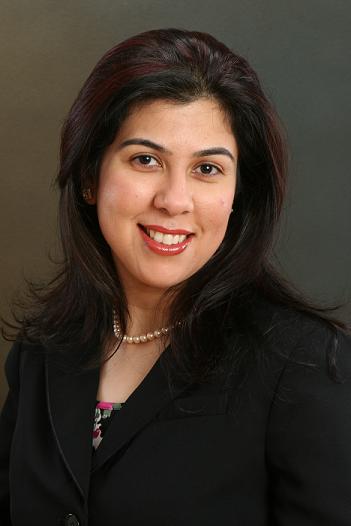Contribute
| What You Should Know About Mutual Funds |
Kanan Sachdeva, MBA, CFP®, ChFC®, Northwestern Mutual
05/20/2021
What You Should Know About Mutual Funds An estimated 100 million people in the United States own mutual funds[1]. They’re a popular way to help investors meet their long-term financial goals – everything from education funding and buying a home to planning for retirement. Here are a few reasons they’re in such high demand: 1. There are many varieties. There are thousands of mutual funds available in the marketplace. Each has its own investment approach, which is explained in the prospectus. All you need to do is find the one that meets your individual goals, risk tolerance and objectives. 2. They’re professionally managed. When you invest in a mutual fund, you’re hiring a full-time professional money manager to buy, sell and monitor your investments on your behalf. This day-to-day oversight can be valuable, especially during times of market volatility. 3. They provide broad diversification. Most mutual funds hold far more securities in their portfolios than individual investors can typically afford to buy on their own. This level of diversification helps limit the impact that a decline in the value of any one security may have on your overall portfolio performance. 4. They’re easy to track. Mutual funds offer you a range of investments in one fund portfolio. Rather than following multiple individual securities, all you have to do is monitor the fund’s overall performance. 5. They’re affordable. Most mutual funds allow you to buy into a fund with a small minimum investment, often $1,000 or less, making it easy to get started. 6. They offer easy access to your money. You can redeem your shares at their net asset value (NAV) on any business day. Of course, the amount you receive may be more or less than your initial investment. What should you look for when selecting or evaluating a fund? Of course, long-term performance is important, but here are some other things to keep in mind: • The fund’s sales charges, fees, and expenses. These can add up over time and eat into your returns. • Its turnover rate. A fund that frequently buys and sells securities may generate higher trading and capital gains costs. • The volatility of the fund. Generally, the more a fund’s performance bounces up and down from year to year, the greater the investment risk. Be sure to read the fund’s prospectus before investing. It provides detailed information that can help you decide whether a fund is right for you. Also, speak to a qualified financial representative, who can help you select suitable investments based upon your particular investment objectives, financial circumstances and risk tolerance. You should carefully consider the investment objectives, risks, expenses and charges of the investment company before you invest. Your Northwestern Mutual Investment Services Registered Representative can provide you with a prospectus that will contain the information noted above, and other important information that you should read carefully before you invest or send money. Article prepared by Northwestern Mutual with the cooperation of Kanan Sachdeva, MBA, CFP®, ChFC®. Securities are offered through Northwestern Mutual Investment Services, LLC (NMIS), a wholly-owned company of NM, member of FINRA and SIPC. Kanan Sachdeva, MBA, CFP®, ChFC® is a Financial Advisor with Northwestern Mutual, the marketing name for The Northwestern Mutual Life Insurance Company (NM), Milwaukee, Wisconsin, and its subsidiaries. Kanan Sachdeva, MBA, CFP®, ChFC® is based in Westborough, MA. To contact Kanan Sachdeva, MBA, CFP®, ChFC®, please call 781.248.8640, e-mail at kanan.sachdeva@nm.com, or visit kanansachdeva.com.
You may also access this article through our web-site http://www.lokvani.com/
